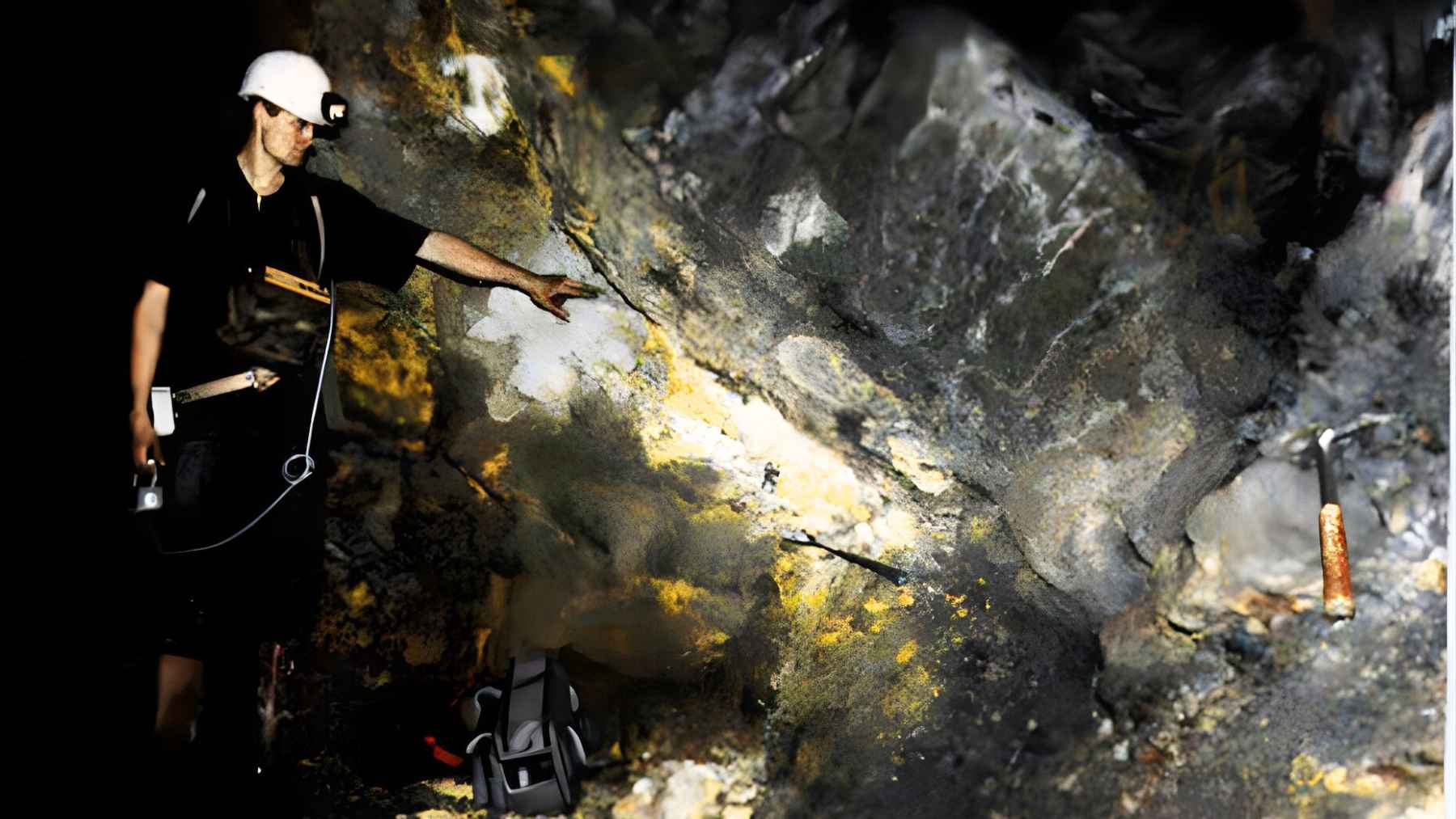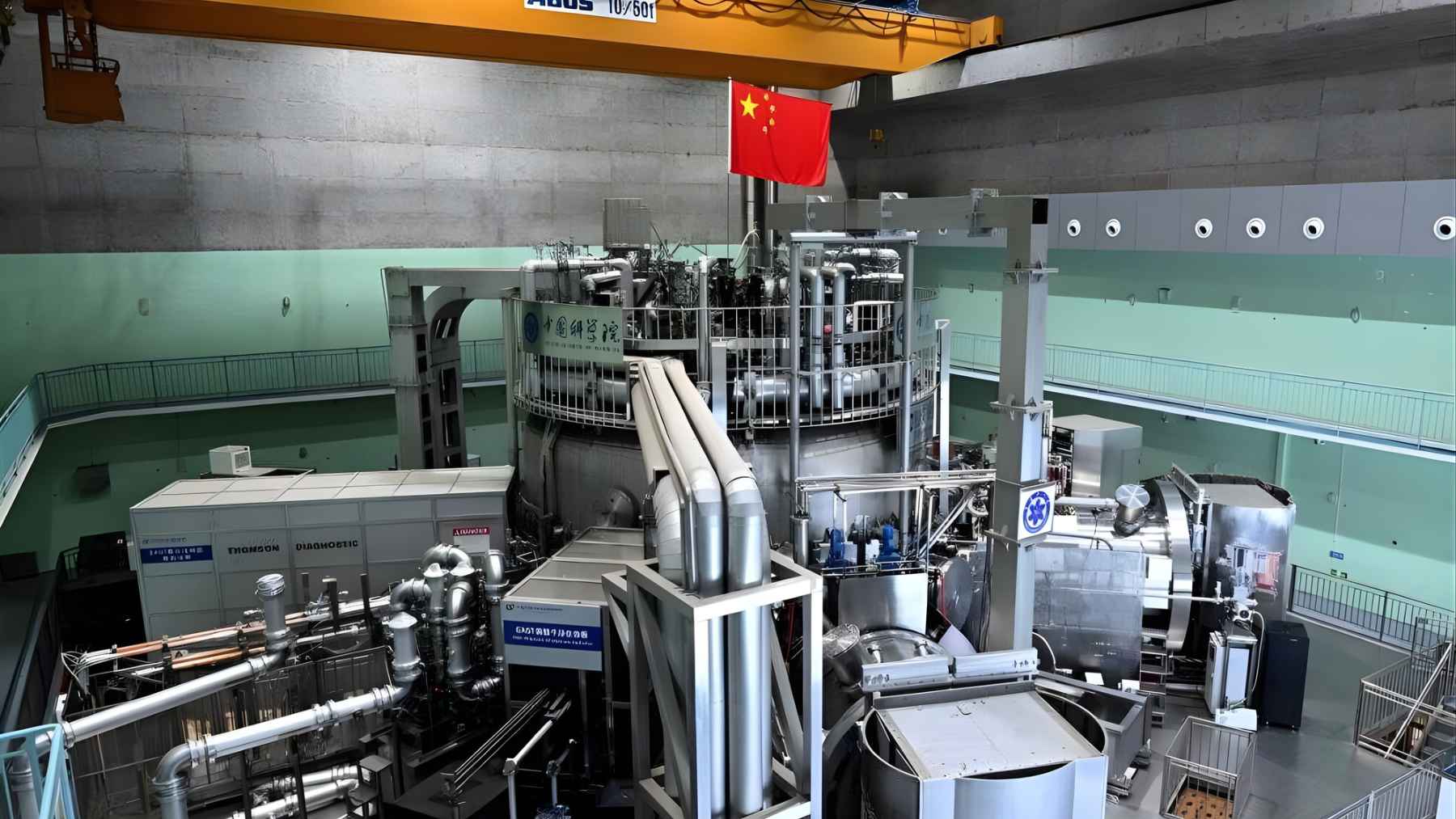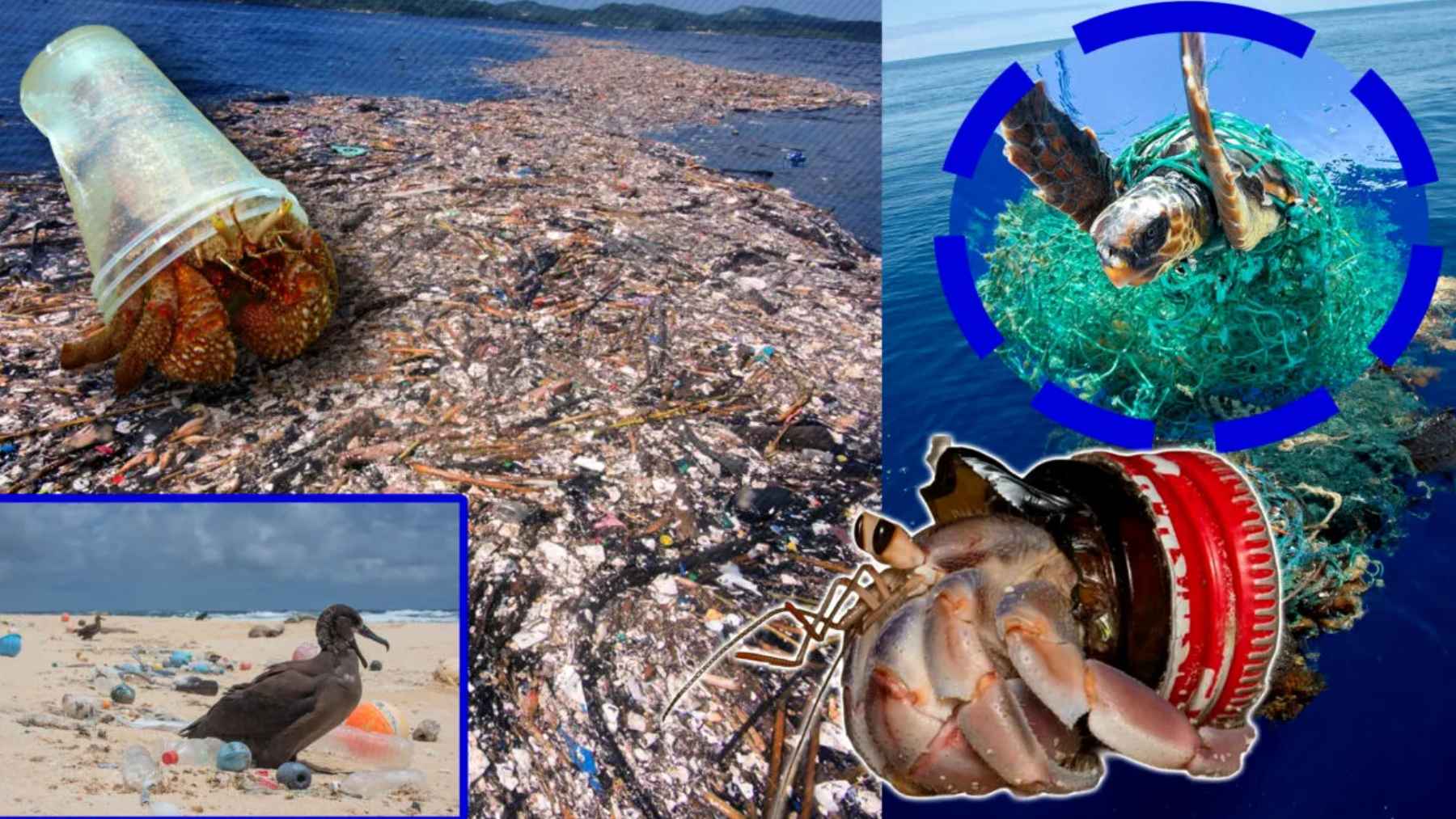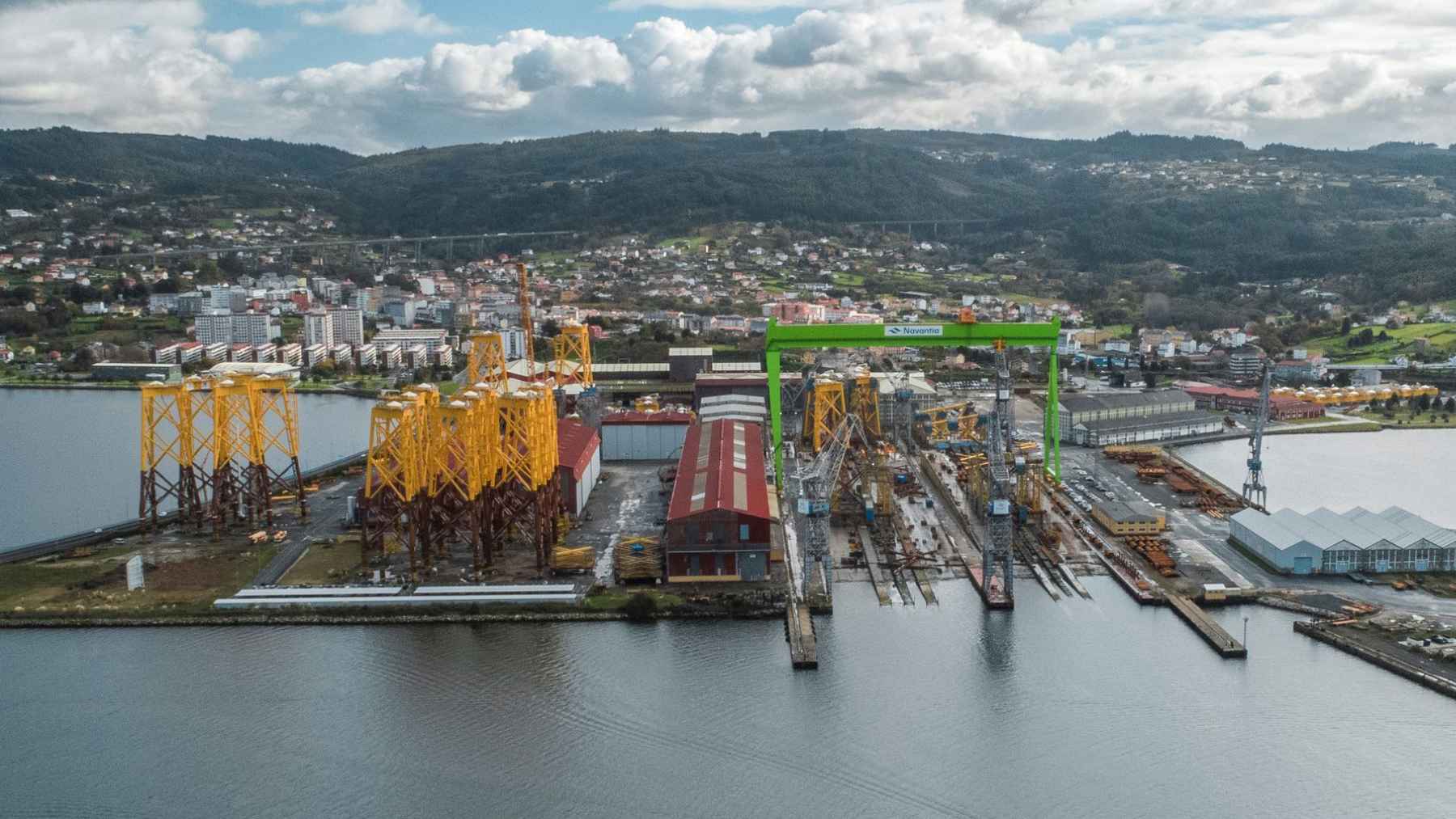China is a country that has never been shy of breaking new barriers and audaciously attempting to enter new, unprecedented lanes. This time, China has decided to forget the Moon, in a manner of speaking, and explore resources deep beneath the waves while everyone else is insistent on investigating space. While heading in a new direction may reap rewards, there is always a risk that China might fail in this fresh venture.
Forget the Moon: Has China taken a brilliantly calculated risk?
The idea of China abandoning Space endeavors is one that people might interpret differently. Some may believe that China is suggesting that there is nothing to gain from exploring our celestial satellite (or Space in general), but this is not the case.
China is committing to deep-sea mining with the intention of discovering crucial minerals in the Earth’s crust rather than beyond our atmosphere. All countries desire minerals as they explore Space, but China elected to seize a significant gap in the market by launching its first oceanic drilling ship in 2022, which is capable of mining 10,000 metres deep. Ultimately, China’s mission to forgo the search for minerals in Space for now may give the country a head start in deep-sea mining, with the possibility of establishing dominance and inspiring other nations to follow suit.
Which specific ‘critical’ minerals is China seeking beneath the waves?
China has a respectable reputation in mining and might further solidify it with its new project. The decision was made to delve beneath the ocean in search of minerals that are in high demand, such as nickel, cobalt, lithium, copper, and zinc, among others.
But why has China decided to conduct deep-sea mining instead of regular mining on land? China is a country that understands the intricacy of onshore mining, and according to its analysis, land mining is limited simply because it has been exploited for so many generations that the majority of the minerals that are within reach have been extracted.
Understanding why there is a soaring demand for critical minerals in modern society
There are many reasons why countries are in search of critical minerals. Vital compounds are pivotal in generating clean energy and are necessary for wind, air, and solar systems, for example. The manufacturing of electric vehicles also requires rare minerals.
China is committed to EV production and has been heading in this direction for years, with its leading company BYD going head-to-head with Tesla in vehicle production. Thus, it is conceivable why China is willing to ignore Space for now and head deep beneath the waves to fulfill its needs by extracting the minerals needed for vehicle production.
The challenges that China is set to face in choosing deep-sea mining over exploring the Moon
One of the difficulties of attempting to separate yourself from the crowd is that there is not enough development or resources in the path less traveled. Such is the case for China, because the International Seabed Authority (ISA) has not established clear rules and regulations on deep-sea mining.
Thus, China’s quest beneath the waves is likely to be detrimental to the environment and millions of species residing in the sea. Of course, the primary target is clean energy production, but China will be faced with the task of balancing environmental concerns and searching for critical minerals.
If China’s beneath-the-sea venture is executed perfectly, all the other countries might have a long way to go in catching up with China, and most importantly, might have to follow a framework established by China. The quest goes above and beyond clean energy production as it’s set to open up multiple other doors for China.














